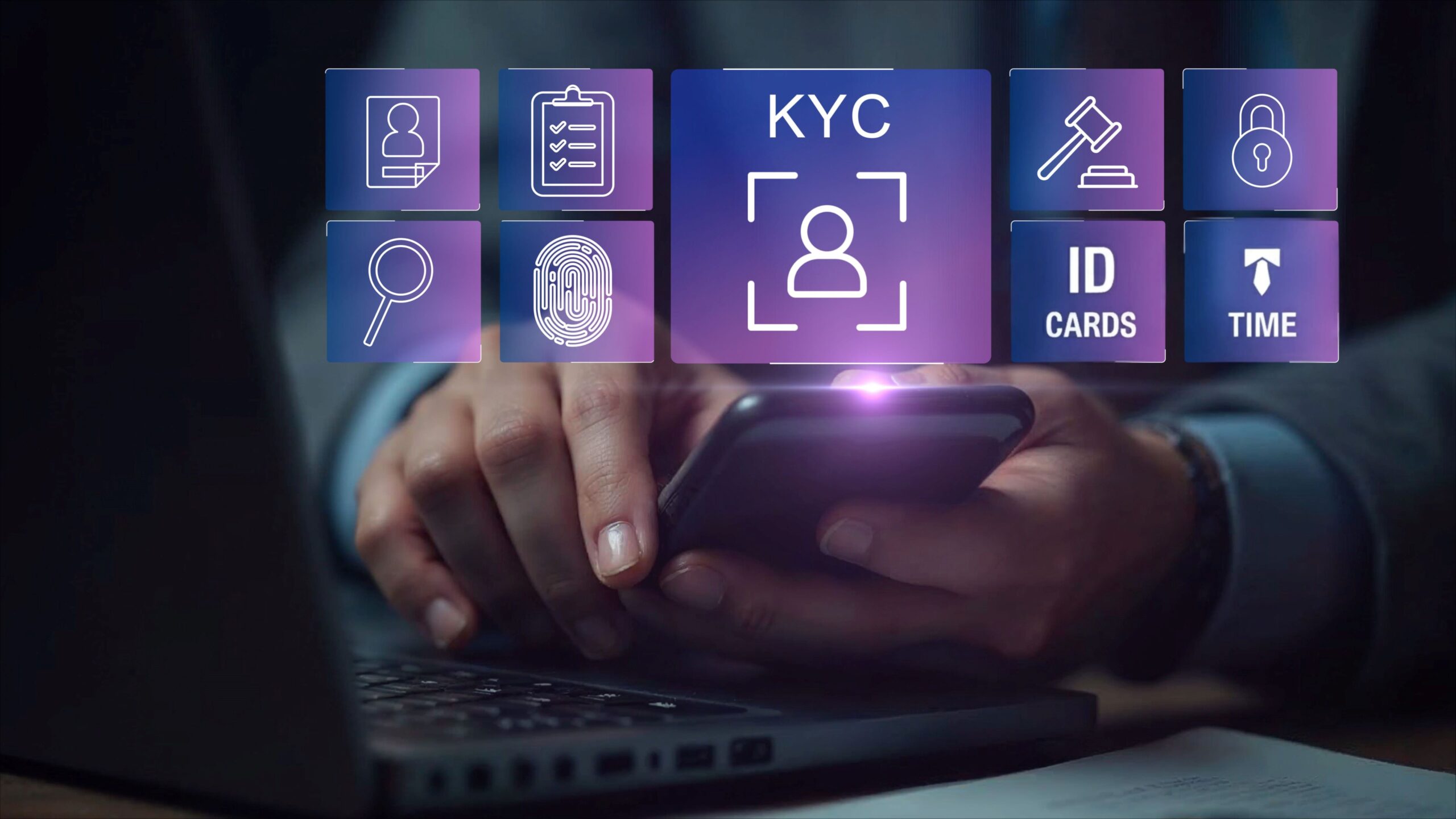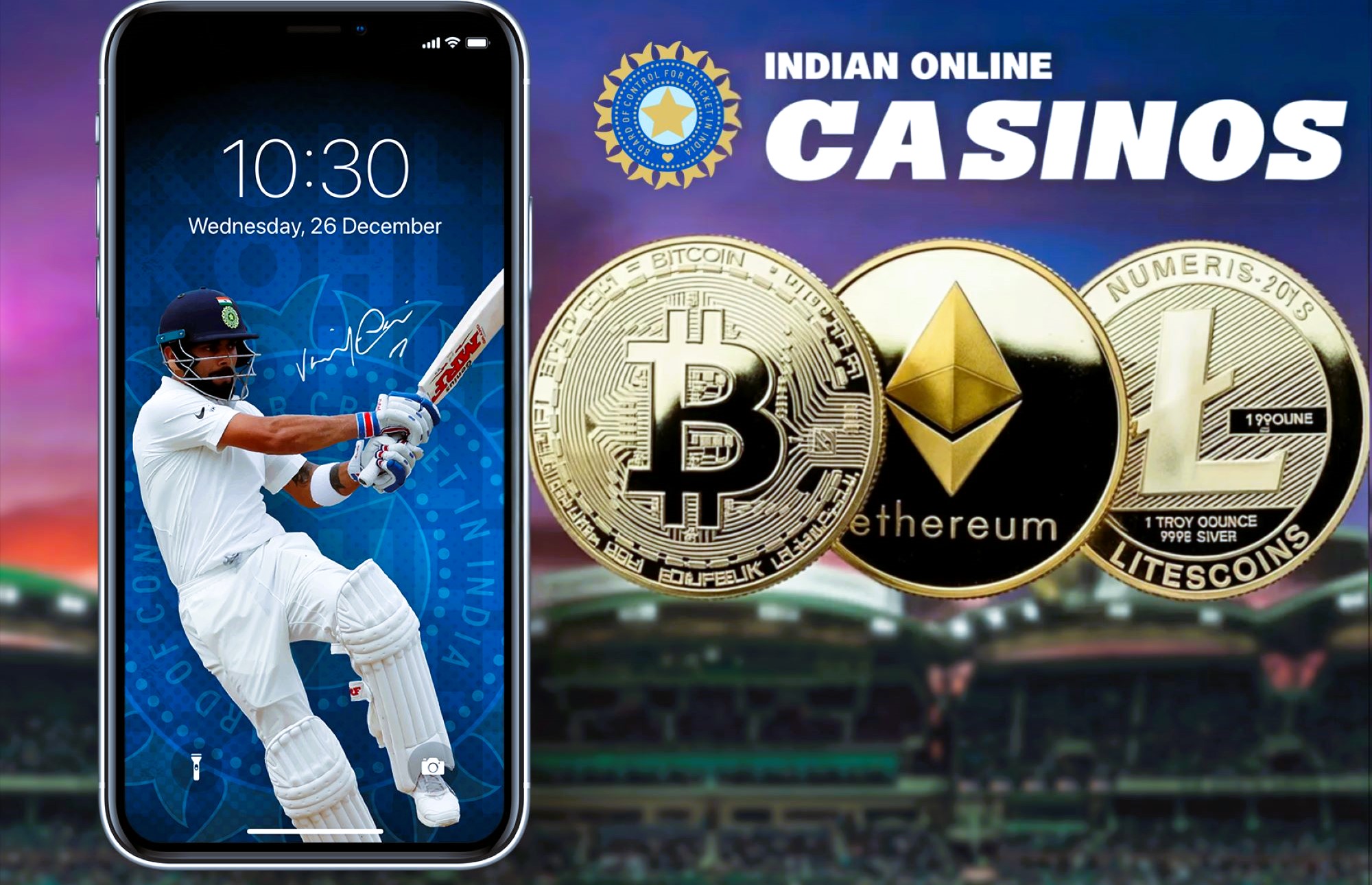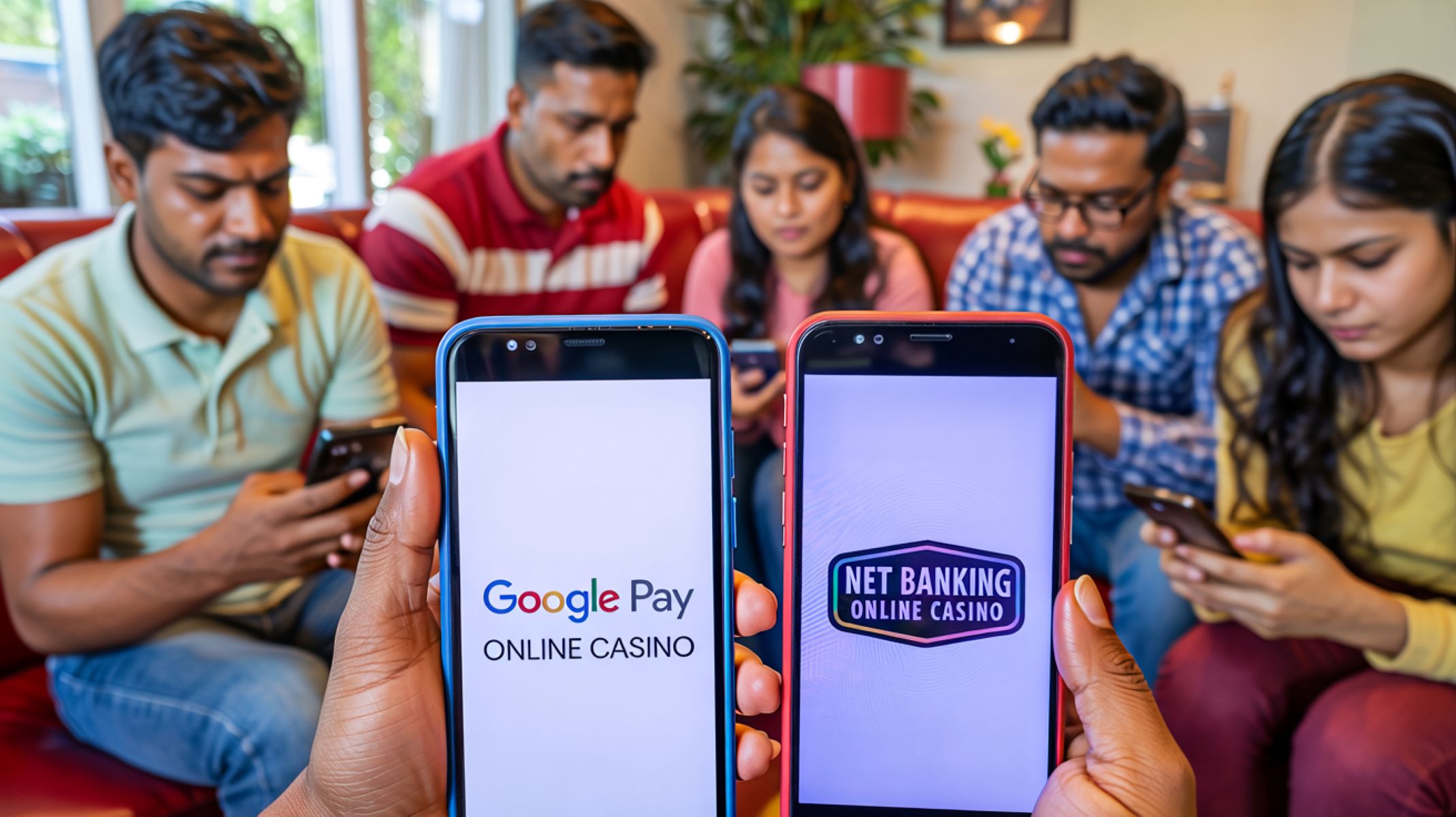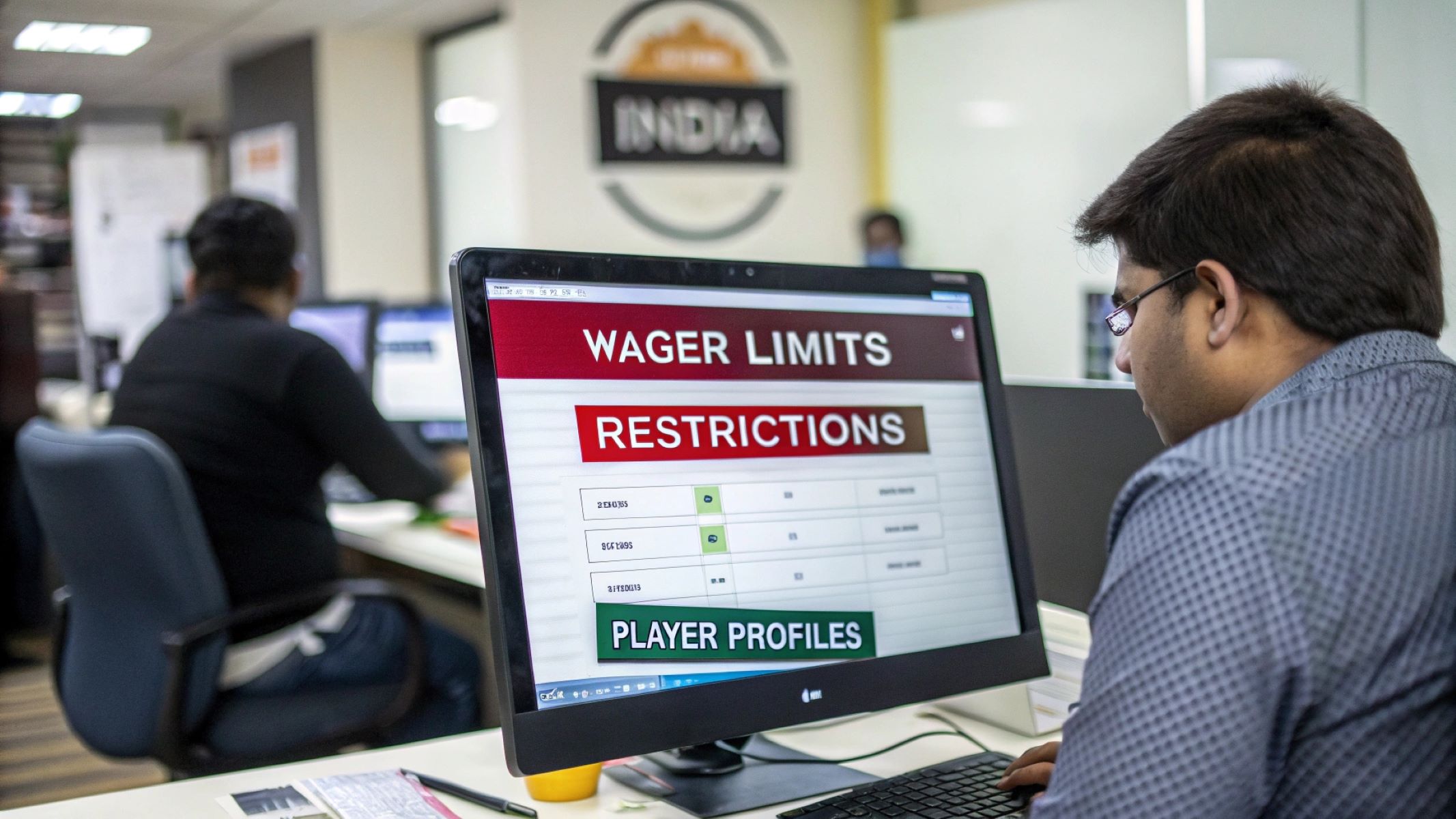India’s online casino market is expanding rapidly, bringing with it both opportunities and challenges. One of the most crucial aspects of operating or participating in online gambling is the verification of players, which ensures a secure and fair gaming environment. Verification processes help determine that users are who they say they are, preventing issues like identity fraud, underage gambling, and money laundering — all of which are vital concerns in the digital age.
What is Player Verification
Player verification, commonly referred to as KYC (Know Your Customer), is a crucial process that online casinos use to confirm the identity of their players. This step involves submitting personal documents like government-issued ID cards, proof of address, and sometimes additional proofs such as a selfie or banking information. It’s very much like a virtual passport check, ensuring that the person who created the account is genuine, legally eligible to gamble, and not using someone else’s identity. In the Indian online casino context, where players often come from different states with varying regulations, verification helps maintain the integrity of the platform and ensures that gambling remains a secure activity.
This process also acts as a gatekeeper to protect both players and casinos from fraudulent activities. Since online gambling involves real money transactions, confirming identity helps prevent issues such as underage gambling, money laundering, and financial scams. For Indian players, submitting documents like Aadhaar, PAN cards, or passports is a normal part of getting their accounts fully verified. This step may feel tedious, but it ultimately safeguards their winnings and ensures a fair gaming environment for all users.
Why is Verification Required in Online Casinos
Verification in online casinos is not about prying into players’ lives but is a necessary step for several important reasons. First and foremost, it helps prevent underage gambling, which is illegal and harmful. Casinos must confirm that users are of legal gambling age — usually 18 or 21 years old, depending on jurisdiction. This protects minors from being exposed to gambling activities and promotes responsible gaming practices. For Indian players, where legal gambling age laws vary by state, verification helps casinos comply with these diverse regulations.
Verification also plays a critical role in stopping fraud and identity theft. Since online casinos handle large sums of money, they are targets for fraudsters attempting to use stolen identities or create fake accounts to abuse bonuses or launder money. By requiring proof of identity and address, casinos add a layer of security that reduces the risk of scams and protects genuine players. Finally, verification ensures that the platform stays legal and secure by complying with anti-money laundering (AML) laws and international licensing standards. For Indian users playing on international sites, this compliance guarantees a safer gambling environment where their money and data are protected.
Importance of Fast Player Verification
Impacts on User Experience
Let’s be honest — no one likes waiting, especially when excitement is high to start playing. A slow verification process can kill the fun before it even begins. Indian players typically want to:
- Register their account quickly
- Deposit funds without hassle
- Start playing immediately
When any of these steps are slowed down by long verification wait times, frustration sets in. This often leads players to search for faster alternatives, which hurts the casino’s customer retention and reputation. On the flip side, fast verification creates a seamless onboarding experience that keeps players happy and engaged.
Besides speed, the clarity of instructions during verification is also crucial. Confusing or complicated requirements add to the user’s stress, while a smooth and straightforward process encourages positive feedback and repeat visits. In short, a good verification system can make or break the first impression.
Security and Fraud Prevention
Quick verification doesn’t just improve speed; it also enhances security. By efficiently confirming player identities, casinos prevent fraudsters from exploiting the system through fake accounts, bonus abuse, or money laundering. This is a win-win situation because:
- Casinos reduce financial losses and legal risks
- Players enjoy a safer gambling environment
- Overall platform integrity is maintained
In India, where digital fraud is increasingly sophisticated, effective verification processes act as a frontline defense. Casinos that invest in advanced technology—such as AI-powered document checks and biometric verification—can spot fraudulent activity faster without delaying legitimate players. This balance of speed and security ensures that everyone benefits from a fair and protected gaming ecosystem.
Regulatory Compliance
For online casinos serving Indian players, regulatory compliance is not optional; it’s mandatory. Many Indian-friendly casinos operate under international licenses (like Malta or Curacao), which require strict adherence to Anti-Money Laundering (AML) regulations. These rules demand thorough player verification to:
- Confirm the player’s identity and address
- Prevent money laundering and illegal financial activities
- Ensure accountability and traceability of transactions
In India, the fragmented legal landscape means casinos must be extra careful with KYC procedures to avoid penalties or shutdowns. Meeting AML requirements through proper verification safeguards the casino’s legal standing and protects players from potential fraud. It also builds trust with regulators and customers alike, reinforcing the casino’s credibility in the Indian market.
How Long Does Verification Typically Take
Verification time for online casino players in India can vary widely depending on the platform, the verification method, and the quality of documents submitted. Typically, standard verification timelines range from 24 to 72 hours. Many reputable international casinos leverage automated systems that can verify identity within minutes, especially when players upload clear, valid documents. However, some casinos still rely on manual review, which naturally takes longer. This difference can significantly affect how quickly Indian players can deposit funds or withdraw winnings.
It’s important to remember that verification is not just about speed but also accuracy and security. While quick verification is convenient, casinos must balance speed with thorough checks to comply with anti-fraud and regulatory requirements. Fast verification tools like AI and facial recognition technologies are becoming more common, allowing Indian players to enjoy near-instant account approval in some cases. Still, manual verification remains the fallback option when documents are unclear or suspicious.
Standard Verification Timelines vs Fast-Track Verification
| Verification Type | Description | Average Time | Pros and Cons |
| Standard Verification | Manual review by a verification team | 24 to 72 hours | More accurate but slower |
| Fast-Track Verification | Uses AI, facial recognition, automated software | A few minutes to a few hours | Very fast but sometimes less flexible with unusual cases |
Standard verification typically involves a human reviewing every document submitted. This process, although slower, ensures higher accuracy and reduces the chance of mistakes. For Indian players, it may mean waiting a day or two, especially if documents require additional validation. This approach is common in smaller or local casinos with limited automated tools.
Fast-track verification, on the other hand, is ideal for those who want instant access. Casinos using AI algorithms and facial recognition software scan documents quickly, cross-check details, and approve accounts usually within minutes. While fast, this system may sometimes reject borderline or low-quality documents, requiring manual intervention. In India’s emerging online casino market, more operators are adopting fast-track methods to stay competitive.
Factors That Affect Verification Speed
Several factors impact how quickly your verification is completed in Indian online casinos:
- Quality of Documents: Clear, high-resolution scans or photos of government-issued IDs, such as Aadhaar or PAN cards, speed up the process. Blurry or incomplete documents cause delays.
- Type of Casino: International casinos with advanced automated systems often verify faster than smaller local operators relying on manual checks.
- Time of Submission: Weekends and public holidays slow down manual reviews because verification teams may not be fully staffed during these times.
- Volume of Requests: During peak periods or big promotions, casinos receive more verification requests, which can cause delays.
Understanding these factors helps Indian players prepare their documents carefully and choose platforms with reliable, speedy verification processes. Planning ahead by submitting clean documents during business days can drastically reduce waiting times.
Step-by-Step Player Verification Process
Verification is a multi-step process designed to confirm your identity and eligibility to play. Here’s how it usually unfolds for Indian online casino players:
Step 1: Account Registration
The journey begins with signing up on the casino website or app. You’ll provide basic personal information, including your full name, email address, and phone number. It’s crucial that these details exactly match the documents you will later submit; discrepancies can delay or even halt verification. This first step is simple but forms the foundation for a smooth verification process, so take your time to fill everything out correctly.
Step 2: Submitting KYC Documents
Once registered, you’ll be prompted to upload your KYC (Know Your Customer) documents. The most common documents requested include:
- Government-issued ID (passport, Aadhaar card, or driver’s license)
- Proof of address (utility bills, bank statements)
- Sometimes, a selfie holding your ID to verify that the documents belong to you
Uploading these documents in clear, legible formats helps speed up verification. Indian players should ensure that the documents are valid, not expired, and recent where applicable.
Step 3: Address and Identity Proof
For address proof, casinos usually accept official documents such as utility bills, bank or credit card statements, or government letters — provided they are not older than 3 months. This step confirms your residency and prevents fraud related to fake addresses. In India, where many people might share addresses or have informal housing situations, having the correct document here is particularly important to avoid delays.
Identity proof must be a valid government-issued ID that clearly shows your full name, photo, and date of birth. This confirms you are legally eligible to gamble. The combination of address and identity documents provides the casino with enough information to comply with legal regulations and keep the platform safe for all players.
Step 4: Waiting for Approval
After submitting your documents, all that’s left is to wait. Most casinos review the documents within 1 to 3 business days. During this period, a verification team or automated system checks every detail for authenticity. You’ll usually receive an email notification once your account is approved or if further information is required.
Indian players are advised to be patient and avoid submitting multiple verification requests at once, as this can slow the process. Staying responsive to any follow-up requests from the casino also helps speed up final approval.




